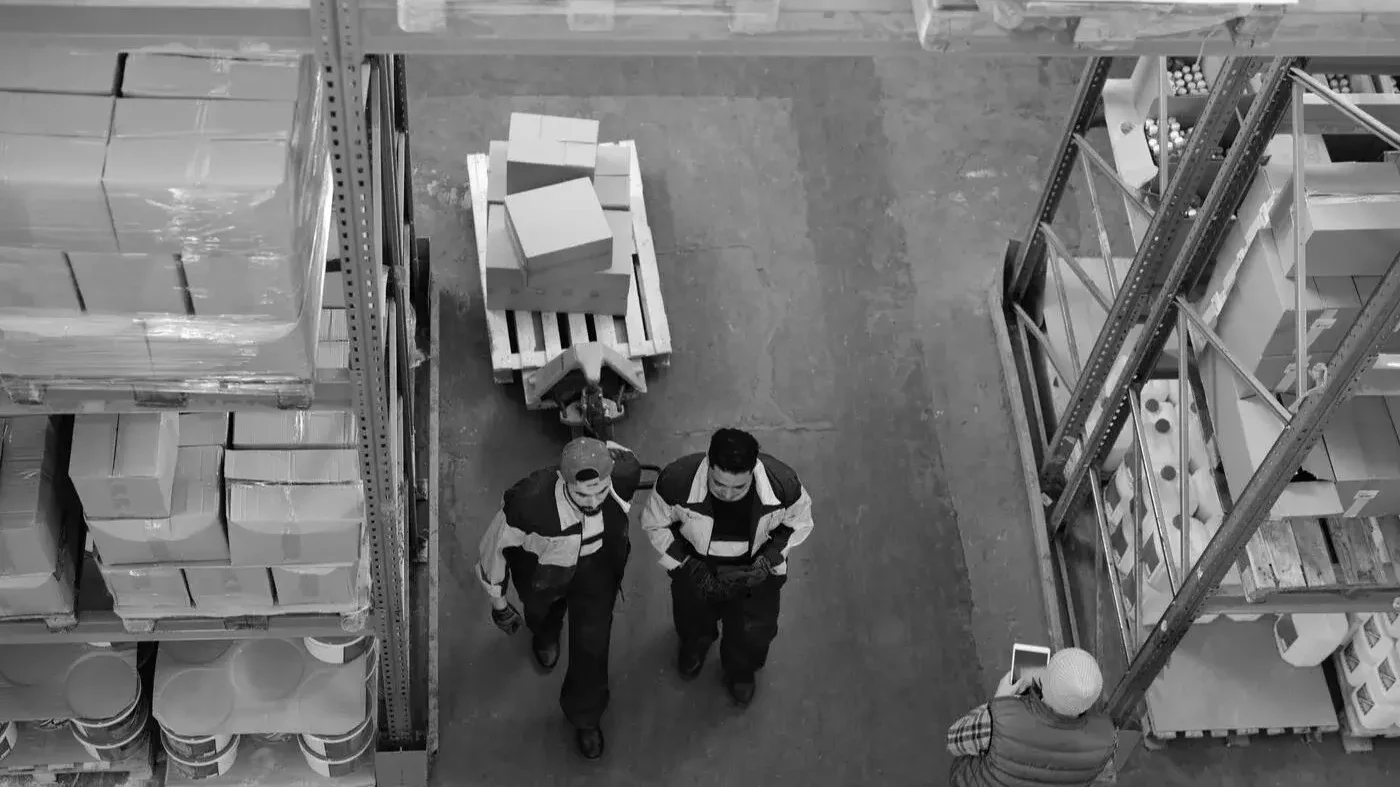Forward stocking gets products in the hands of customers faster. In the consumer world, where expectations for next-day or two-day delivery have become the norm, speed is crucial to delivering quality service. Additionally, if there are issues with an order, you have easily accessible replacement inventory located nearby. When your customers feel you prioritize their satisfaction, they’ll be more likely to give you repeat business.
Another benefit of forward stocking is that it can help reduce the number of over, short and damage (OS&D) claims. This saves your business money on replacements and returns, while also improving your reputation. OS&D reduction is especially important when it comes to high-ticket items or products that are sensitive to damage, such as medical equipment or appliances.
Lastly, forward stocking can help improve your inventory visibility. By positioning products closer to your market concentrations, the products will travel shorter distances on the last mile leg and, by using digital communications, you’ll be able to keep consumers informed about the status of their orders. With an average two-day delivery time within 75 miles, you can tailor your forward stocking to sales forecasts, which is more efficient than carrying too much inventory. This is especially important for companies that have seasonal products or fluctuating sales due to holidays or promotions.
If you’re looking for distribution services for your heavy or bulky goods, look for a high-quality provider that offers forward stocking. Additionally, you’ll want to ensure that the provider has experience with your industry and understands your product needs. Some considerations are:
Do they have the necessary infrastructure or arrangements in place to provide forward stocking, as well as last mile services if you require them? Hurtler is the largest provider of last mile logistics for heavy goods in North America.
Do they know your industry and the types of products you ship? This is important because you need solutions that fully meet your needs. For example, if your products are sensitive to damage or require installation, you don’t want to train a provider on the job. This applies not only to transporting the goods, but the entire consumer experience.
You have a lot at stake, so you’ll want to do business with a reputable provider. It’s always a good sign when a provider offers references. Take the time to double-check that they have a strong track record of reliability with other companies in your industry. This will give you an idea of what to expect, and whether they’re a good fit for you.
The more a provider can adapt to how you do business, the more likely you are to form a strong relationship over time. They should be able to scale their services as your volumes grow, and flex for seasonality or as your business evolves.
As one of the industry’s largest providers of transportation services, Hurtler has extensive experience with B2B and B2C supply chains. Connect with us to find out how we can become a trusted partner for yours.



